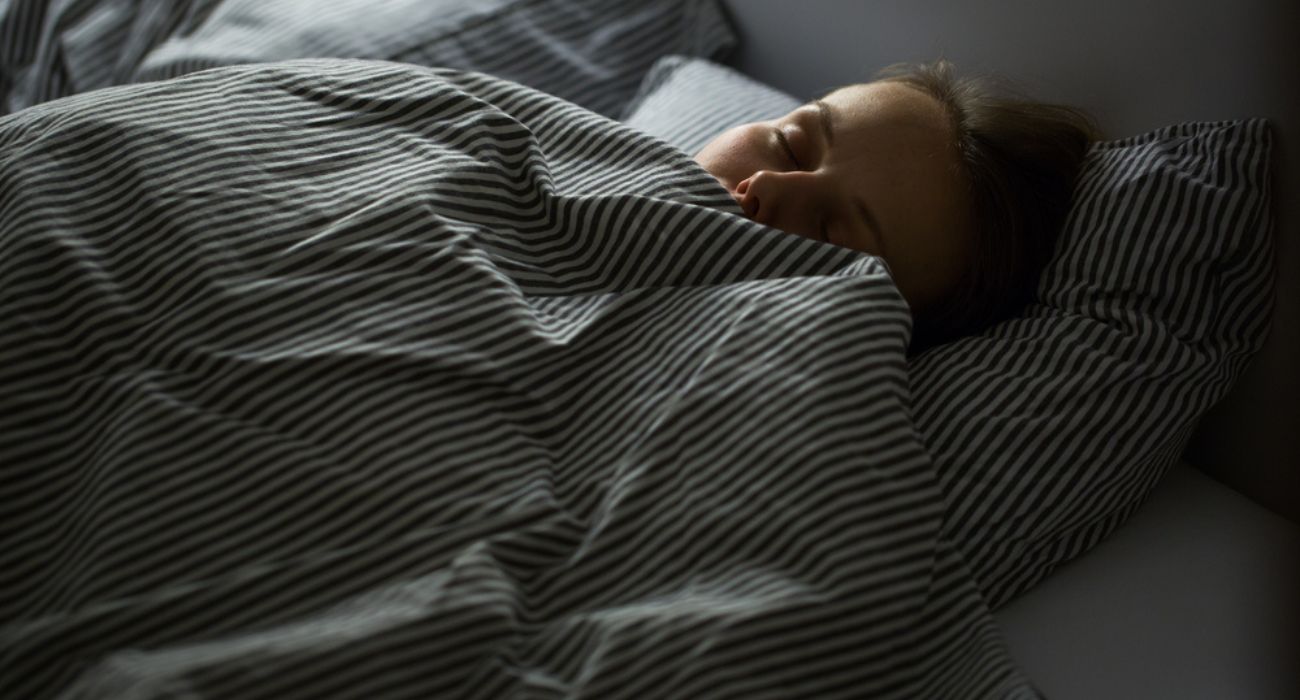Health experts have long touted the importance of sleep for our overall well-being, yet some have begun to question the elusive goal of achieving a perfect eight hours of sleep each night.
Recent insights from sleep professionals suggest that the obsession with getting eight hours of rest nightly may be more harmful than beneficial, leading to decreased sleep quality and duration.
Dr. Reena Mehra, who directs research into sleep disorders at the Cleveland Clinic, stressed in a recent interview with The Wall Street Journal that the stress of trying to fall asleep can make it more challenging to do so.
Similarly, Dr. Shelby Harris, a specialist in behavioral sleep medicine and clinical associate professor of neurology and psychology at Albert Einstein College of Medicine, emphasized the importance of sleep patterns and routines over the fixation on the eight-hour mark.
“The pressure we put on ourselves is making sleep worse,” Harris said.
There have also been considerable cultural shifts in the way we view the role of sleep in our lives.
In the recent past, sleeping less was often seen as merit, indicating that we are working hard toward being productive and successful.
Yet the tide has started to shift towards viewing sleep as a necessity, with some couples even opting not to share a bed with their partners — a practice known as “sleep divorce” — in order to boost their sleep quality, as previously reported in The Dallas Express.
Even Tesla, SpaceX, and X CEO Elon Musk shifted his sleeping habits with an eye toward optimizing his health and efficiency. Despite being known for a nocturnal work schedule punctuated by brief naps at or under his office desk, he told CNBC earlier this year that he had begun making sleep a priority.
“I’ve tried [to sleep] less, but … even though I’m awake more hours, I get less done,” Musk said. “And the brain pain level is bad if I get less than six hours [of sleep per night].”
Over a third of Americans report falling short of the recommended seven to nine hours of sleep, according to the Centers for Disease Control and Prevention. Residents of North Texas mirror the national average, as previously covered in The Dallas Express.
There are undeniably adverse effects tied to not getting enough sleep, such as mood disorders, cardiovascular diseases, and obesity — especially in children, according to the CDC. However, some research suggests that sleep quality and consistency might be more important than the precise number of hours. Moreover, sleep needs can vary greatly from person to person, as well as by age.
In summary, before tucking yourself in for the night, consider thinking qualitatively rather than quantitatively about your sleeping habits.






